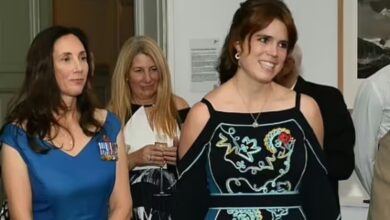Meghan Markle heading for trouble as her big career claim is called into doubt
Meghan Markle has come under fire again after she used one of her infamous activism claims in one of her speeches in Colombia.
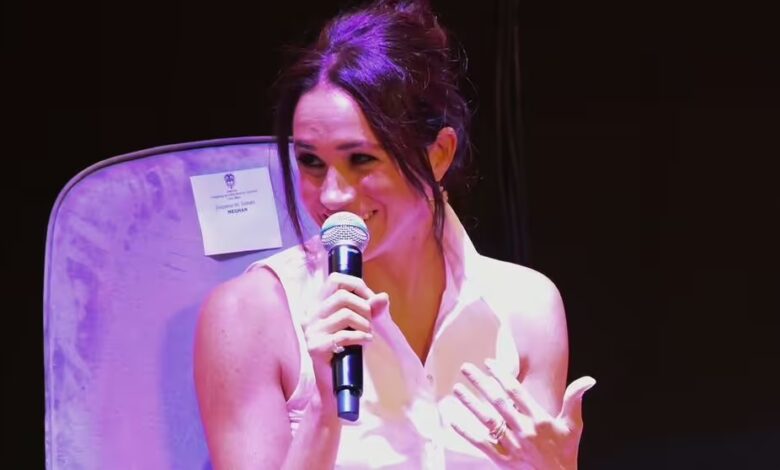
Meghan Markle’s claim about complaining to Procter & Gamble (P&G) about their “sexist” dishwashing detergent advert which resulted in the manufacturing giant changing it has come into doubt again.
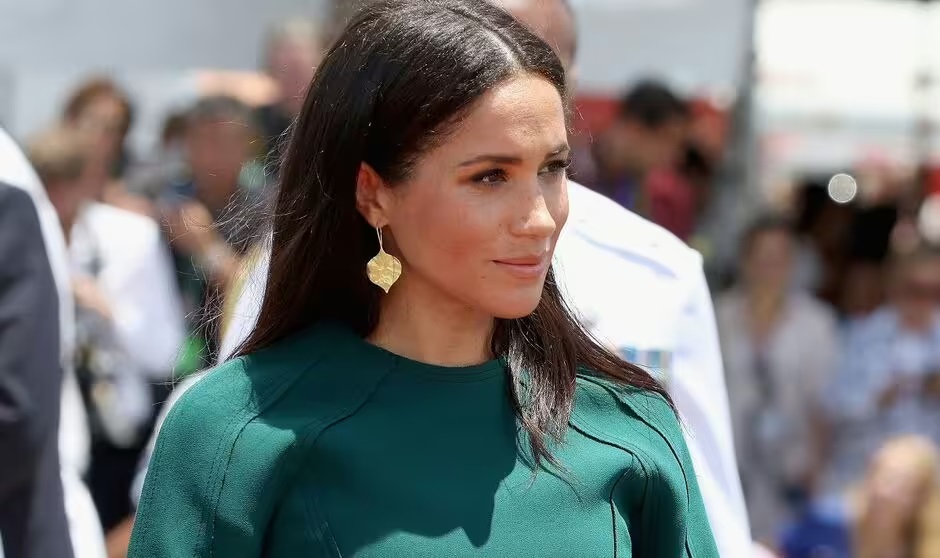
The Duchess of Sussex and Prince Harry embarked on a four-day quasi-royal tour of Colombia last week and had one journalist – Harper’s Bazaar’s Digital Culture editor Bianca Betancourt – in charge of the news bulletins sent to global media. On the last day of their tour, the couple attended a panel titled ‘Afro-Descendant Women and Power: Voice of Equity’, where Meghan mentioned her infamous “washing up” story. However, it was omitted from the official bulletin sent to media around the world regarding their appearance.
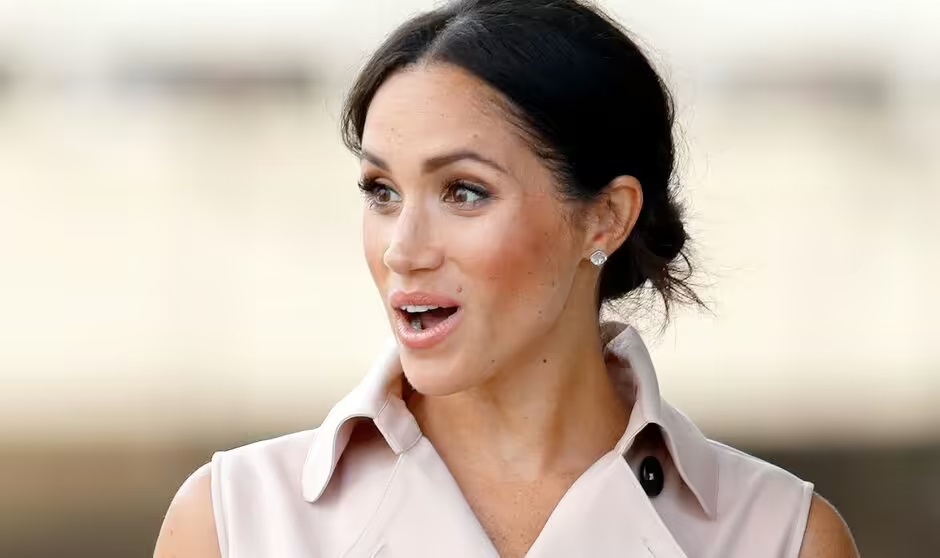
The Duchess has mentioned several times how she sent a letter to P&G at the age of 11 after she was offended by their dishwashing detergent advert because it focused on women doing housework by stating “Women all over America are fighting greasy pots and pans.” But according to Meghan, after her complaint, the company changed the ad’s wording from “women” to “people”. Her claim has long been questioned as it is still unclear whether her actions contributed to the change. However, Ms Betancourt’s omission of her claim from her bulletin raised even more questions regarding the story.
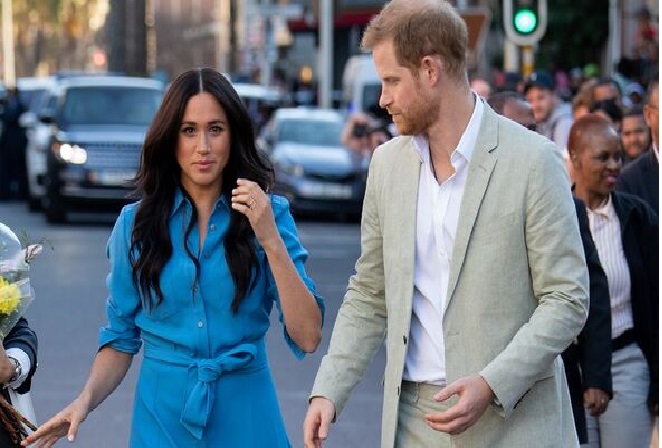
The Digital Culture editor’s account of Meghan’s speech during the panel stated: “I’m very very fortunate at a young age I was able to feel as though my voice was being heard and that’s a luxury that a lot of young girls and women aren’t often afforded. “For us and the work we do with Archewell and the work we do as parents…” Meanwhile, the Dail Mail sent their own senior reporter for global news, Nick Pisa, to Colombia to cover the tour, and he published a slightly different account of Meghan’s speech.

Mr Pisa’s account stated: “I was very, very fortunate at a young age to feel as though my voice was being heard. And I think that is a luxury that a lot of young girls and women aren’t often afforded. “I was 11 years old, and you may know this story, I had seen a commercial that I felt was sexist, and I wrote a letter, several letters, about it, and the commercial was changed. “When you’re 11 years old, and you realise very quickly that your small voice can have a very large impact. I think it creates the framework to feel empowered to use your voice, because you know you’re being listened to. It doesn’t ever feel good to use your voice and no one hears you. That’s not ideal.

“So for us and the work that we do with our Archewell Foundation…” According to the Daily Beast, Ms Betancourt claimed that she did not include Meghan’s letter story to be in line with her-outlets “style”. She said: “My story was written with the Bazaar reader in mind and I was simply highlighting new information that they’d be the most interested by. “We don’t and never have included every single statement said at any type of event we cover.”

Meghan’s story has been disputed by several of her critics, as well as her own father because they were unable to verify its accuracy. Author Tom Bower alleged in his book Revenge: ‘Meghan, Harry and the War Between the Windsors’ that Vanity Fair initially included this story in a profile of Meghan but removed it after fact-checkers were unable to verify its accuracy.
Meanwhile her father, Thomas Markle has previously said that his daughter’s story may have been a “little embellished”. In 2020, in the documentary Thomas Markle: My Story, he said: “I think Meghan was part of a letter-writing campaign of sorts. The story about her single-handedly changing the ad may have been a little embellished.” A year later in March, he told Good Morning Britain: “It was all part of a social studies class in school, and they were all writing letters.”
